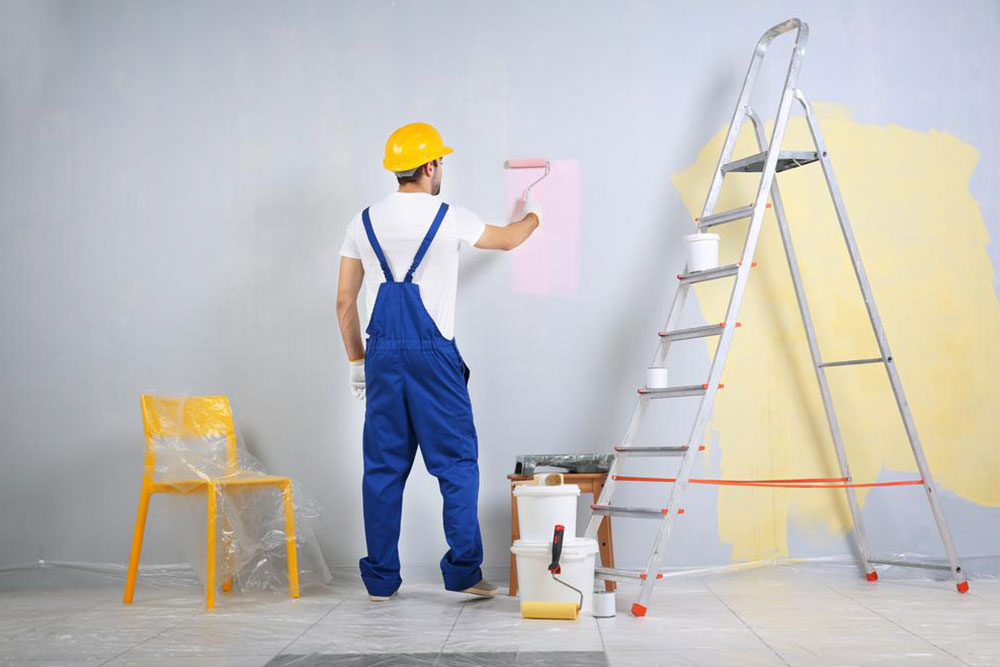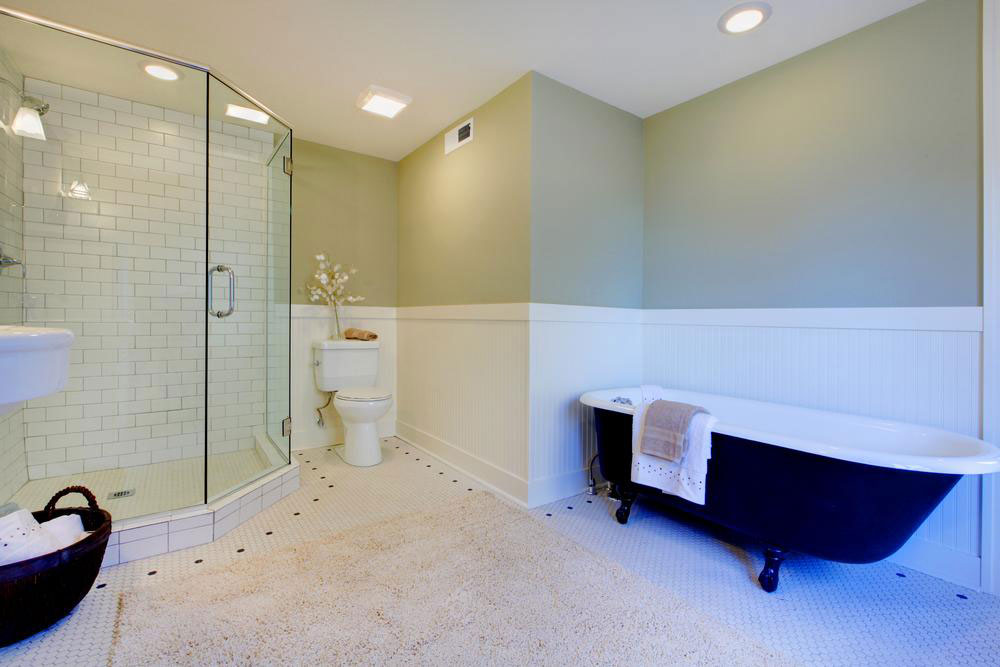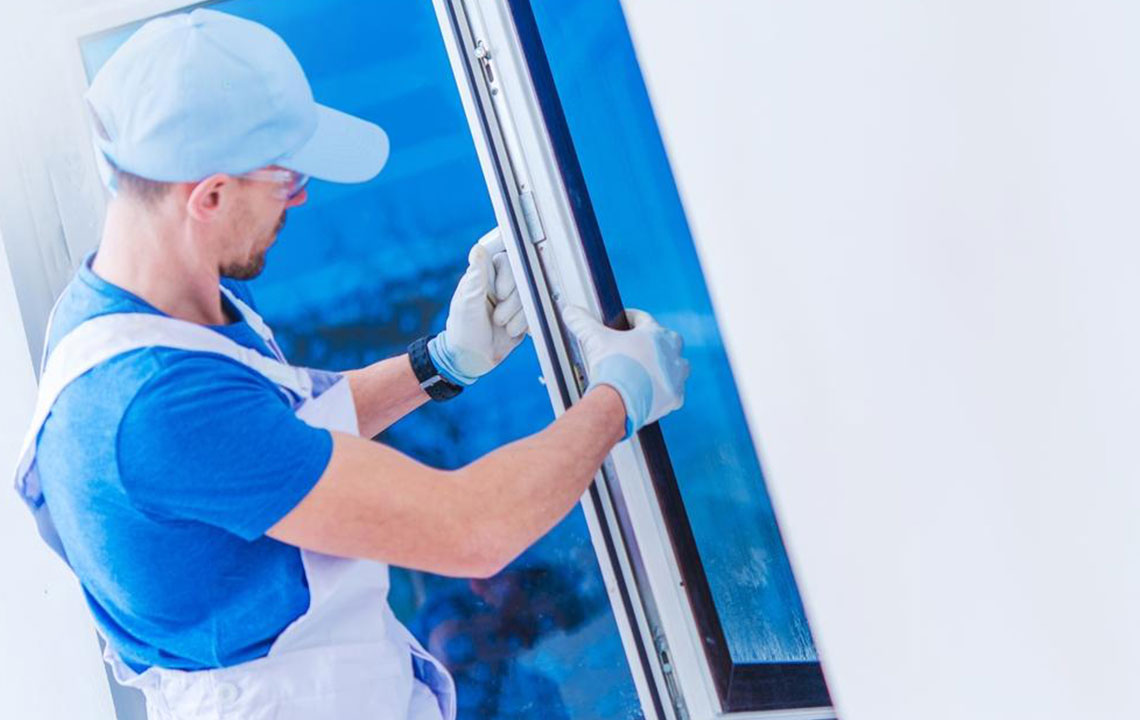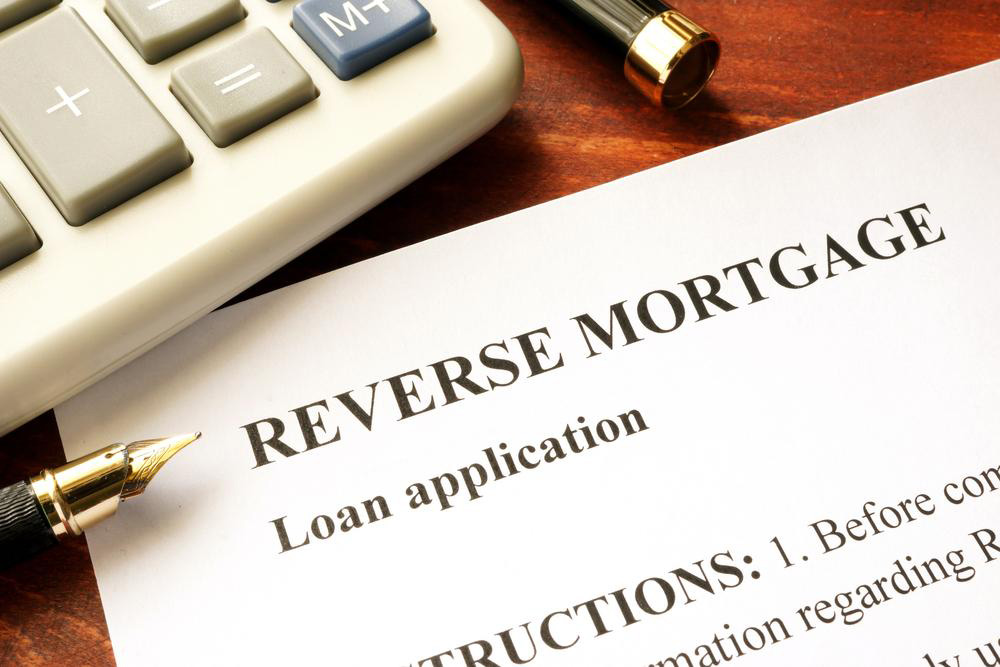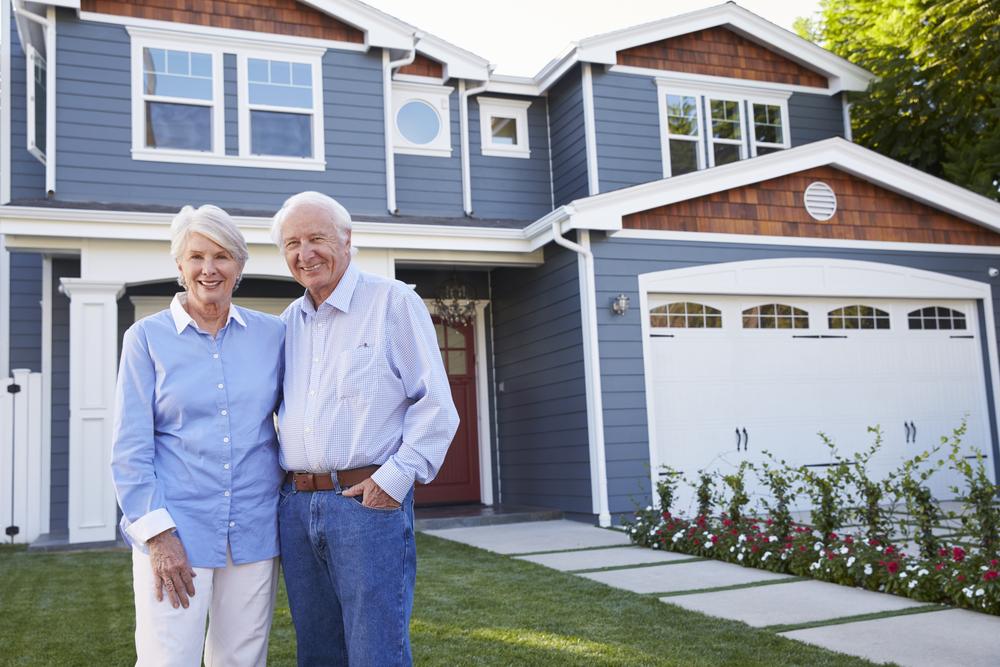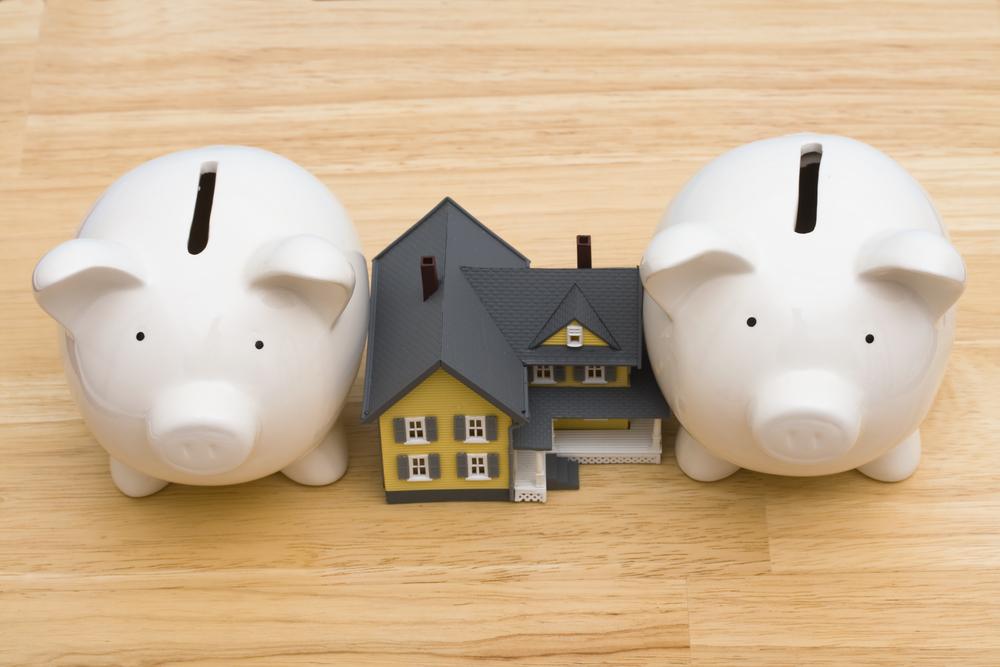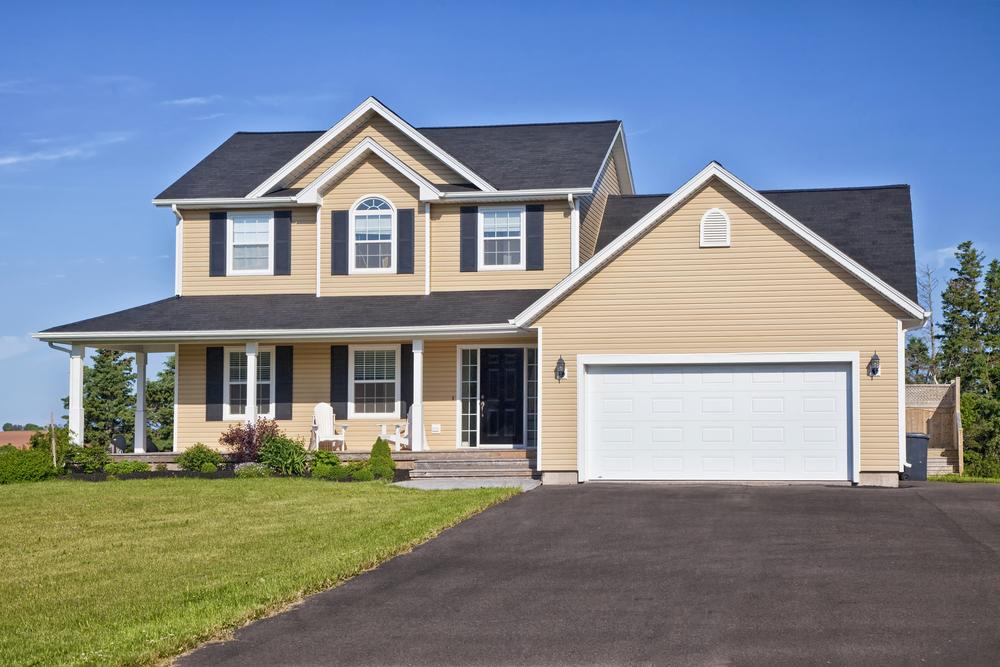Maximizing the Benefits of Second Mortgages for Homeowners
Discover how to effectively leverage second mortgages for your financial goals. Learn about types, benefits, risks, and best practices to make informed decisions. This guide helps homeowners utilize their property equity wisely for renovations, debt consolidation, or other needs while avoiding common pitfalls.
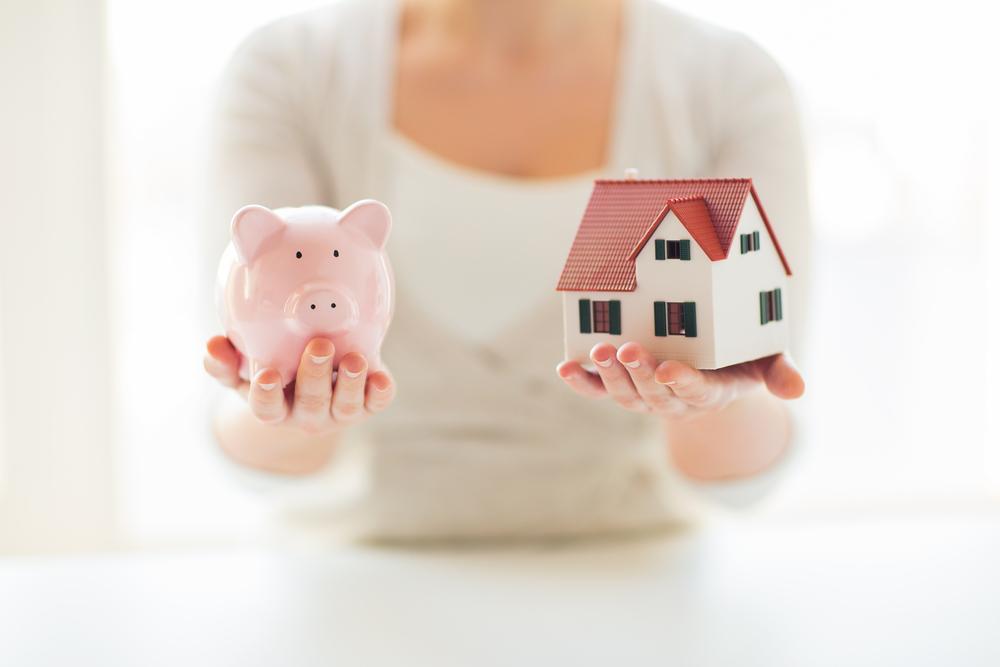
Understanding Second Mortgages and How to Use Them Wisely
A second mortgage is a loan secured against your home that already has an existing primary mortgage. When facing foreclosure, your primary mortgage takes priority for repayment.
How a Second Mortgage Functions
A second mortgage, also known as a junior mortgage, allows homeowners to borrow against their property when they have an existing first mortgage. Typically, these are used for specific expenses related to the home, rather than for general purposes.
To obtain a second mortgage, you must apply against your already mortgaged property. The primary mortgage must be settled first, while the second mortgage carries a higher interest rate, though often still lower than other credit options. Most commonly, second mortgages are used for home renovations, repairs, or other significant expenses.
The most prevalent types of second mortgages are home equity loans and HELOCs (Home Equity Lines of Credit). Home equity loans provide a fixed borrowing amount, while HELOCs enable ongoing borrowing similar to credit cards.
Advantages and Common Uses
Second mortgages offer lower interest rates compared to other forms of credit, making them attractive for various financial needs such as:
Covering high-interest debts
Funding home improvements
Paying for medical procedures not covered by insurance
Funding college tuition
Creating a financial safety net during employment loss
Risks and Considerations
A significant risk is increasing overall debt, which can heighten financial vulnerability. Defaulting on a second mortgage may lead to losing your home, even if your primary mortgage is paid up.
Related Reading: Six Strategies to Purchase a Home Without a Mortgage
Beware of Over-Borrowing
Avoid excessive borrowing, especially if you tend to overspend. Using a second mortgage to pay off other debts and then accruing new debt undermines your financial health and risks your home.
The Danger of Negative Equity
Declining property values may lead to owing more than your house is worth—known as being underwater. This situation can complicate selling your home or refinancing.
Practice Financial Prudence
Before borrowing, evaluate your need carefully and borrow only for essential, well-planned expenses. Mindful borrowing can prevent unnecessary financial strain.
Stay Updated on Mortgage Trends Follow our latest insights on Mortgage Tips and News. Connect with us on Facebook and Twitter for investment updates.




